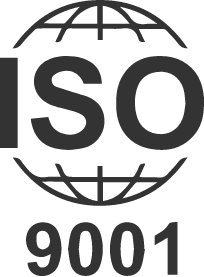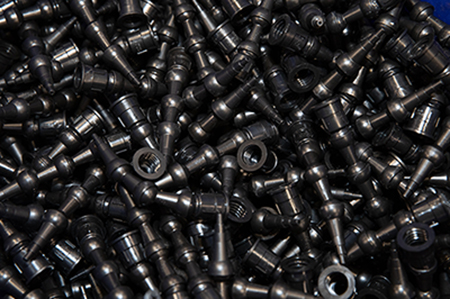Expert Guidance from Stephens Plastic Mouldings
Choosing the right plastic material for injection moulding isn’t just about picking something that fits your design – it’s about ensuring performance, cost-efficiency, and long-term reliability for your application. At Stephens Plastic Mouldings, we support engineers, procurement teams, and manufacturers across the UK with tailored guidance on material selection for plastic parts.
Whether you’re developing automotive components, medical devices, or industrial enclosures, this guide explains what factors to consider when choosing the best plastic for injection moulding – and how our team can help.
1. Consider the Application Environment
The operating environment for your part will significantly influence the material needed:
- Heat exposure: For high-temperature environments, thermoplastics like PBT or nylon offer heat resistance and dimensional stability.
- Chemical contact: Use corrosion-resistant materials like polypropylene (PP) or PVC for lab equipment or chemical containers.
- UV exposure: For outdoor parts, polycarbonate (PC) and acrylic (PMMA) offer excellent weatherability.
For more, explore our engineering polymers to see what we recommend for harsh environments.
2. Match Strength & Flexibility to the Part’s Function
Different components require different structural properties:
- High impact resistance: Consider ABS or glass-filled nylon for parts under mechanical stress.
- Flexibility: Polypropylene is perfect for living hinges, caps, and containers where bend and rebound are important.
- Precision components: Acetol (POM) offers excellent dimensional stability and low friction for gears or valve housings.
Need help refining your design?
We offer full Design for Manufacture (DfM) services to ensure optimal performance and manufacturability.
3. Aesthetic & Colour Considerations
If your part is customer-facing or brand-sensitive, choose materials that can be:
- Coloured consistently.
- Surface-textured or polished.
- Painted or chrome-plated (ideal with ABS or PC).
We can supply colour-matched plastics or recommend finishing options during our tooling phase.
4. Environmental and Regulatory Requirements
Certain projects require plastics that meet food-grade, medical, or REACH/RoHS regulations. We work with certified suppliers to ensure compliance and provide full material traceability.
Learn more about our medical injection moulding solutions or food-grade production standards.
5. Budget and Cost-Efficiency
Once you’ve determined your material’s technical and compliance requirements, align it with your budget:
- Commodity thermoplastics like PP and PS are cost-effective.
- Engineering plastics like nylon, PC, and acetal offer better performance at a higher price point.
- We help balance material choice with tooling, volume, and long-term ROI.
Ask us about free trial tooling to reduce upfront risk when testing materials.
FAQs
1. What is the most commonly used plastic in injection moulding?
Polypropylene (PP) and ABS are among the most commonly used due to their balance of cost, strength, and ease of moulding. We recommend the best fit based on your part’s usage and industry standards.
2. How do I know which plastic is best for my component?
We offer free consultations and prototyping support. Our engineering team will assess your design, performance goals, and environment to suggest ideal options.
3. Is there a recyclable or eco-friendly plastic available?
Yes. We offer recycled grades of PP and PET, and provide guidance on low-carbon materials that don’t compromise quality.
4. Can Stephens Plastic source industry-certified plastics?
Absolutely. We provide FDA-compliant, ISO-certified, and medical-grade plastics with documentation to support audits and compliance checks.
5. Can I test a material before committing to a full run?
Yes. We offer low-volume prototyping and free trial tooling in many cases, helping you validate material performance before scaling up.
Speak With a Material Selection Expert
Choosing the right plastic is essential to producing reliable, efficient, and cost-effective parts. At Stephens Plastic Mouldings, we’ve helped hundreds of UK manufacturers select and mould the right material for their applications.
To request your free material consultation
Contact Stephens Plastics Today
Email: sales@stephensplasticmouldings.co.uk
Phone: 0121 544 5808





